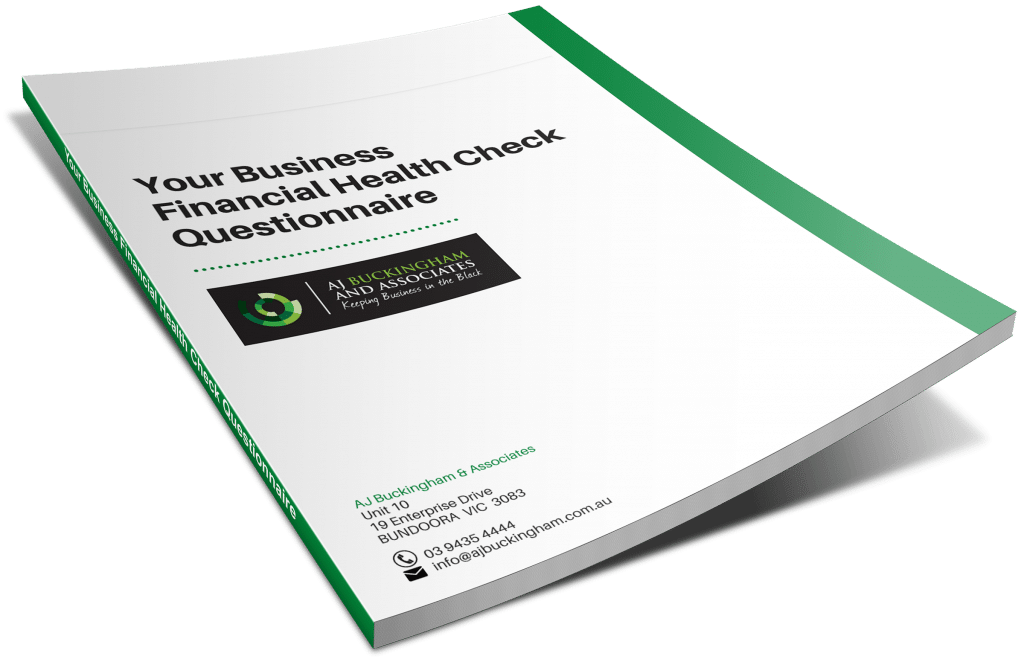Superannuation stapling came into effect from 1st November 2021 for new employees and employers will need to ensure their onboarding process complies with the ATO’s new ‘super stapling’ requirements.

Superannuation stapling came into effect from 1st November 2021 for new employees and employers will need to ensure their onboarding process complies with the ATO’s new ‘super stapling’ requirements.
What is ‘Super Stapling’?
‘Superannuation stapling’ was introduced as part of a package of reforms to the superannuation system announced in the 2020/21 Federal Budget. Prior to 1st November 2021, when a new employee commenced employment and did not choose a superannuation fund, the new employer would pay their superannuation contributions into the default product nominated by the employer. As a result, a person who changes jobs and does not exercise choice of fund, may unintentionally end up with multiple accounts, thereby potentially eroding their retirement savings (the ATO estimates there are approximately 6 million unintended multiple superannuation accounts, incurring around $450 million in fees).
As from 1st November 2021, however, under the ‘super stapling’ reforms, where a person moves jobs, their existing superannuation account will be linked or ‘stapled’ to them, meaning that their new employer must pay contributions into the ‘stapled fund’ unless the member chooses for their contributions to go to a different fund.
What Action Must Employers Take?
Employers must generally provide new employees with a superannuation Standard Choice Form within 28 days of commencing work. When a new employee commences on or after 1 November 2021, and does not choose a fund in that time, the employer will need to check if the employee has an existing stapled fund. This is done by logging into ATO online services and accessing the ‘stapled super fund request service’. The employer will need to have lodged either a Single Touch Payroll event or a tax file number declaration for the employee to make the request and the ATO has advised that the result should be available within minutes.
If the employee has not exercised choice and has a stapled fund, the employer will be required to contribute to the employee’s stapled fund to meet their Superannuation Guarantee (SG) obligations. If the employer makes contributions to their default fund instead of the employee’s stapled fund (where they have one), the employer may be subject to the choice shortfall penalty.
The stapled fund rules only apply to new employees who commence work on or after 1 November 2021. No request for stapled super fund details is required for a new employee after that date where they have nominated a superannuation fund.
What if Our Employment Agreements Specifies the Superannuation Fund?
Current superannuation clauses in employment agreements should be updated to refer to the possibil-ity of contributions being made into an employee’s sta-pled fund. Employers will need to comply with the new ‘super stapling’ rules and will breach their SG obligations if they use their default fund, even if it is specified in an Enterprise Agreement or Award.
What If the Employee Has More Than One Super Account Already?
Neither the employee nor employer selects which is the stapled superannuation fund. The ATO is required to determine which is the stapled fund, applying certain ‘tiebreaker’ rules set out in the legislation. The stapled fund will generally be the fund that the employee last received contributions into, but not necessarily. Importantly, employers must ensure they always check the ATO portal to determine which fund is the employ-ee’s stapled fund, even if the employee thinks they know which is their stapled fund.
Should We Still Offer Our Default Fund to New Employees?
The premise behind ‘super stapling’ is to prevent an employee from having unintentional multiple superannuation accounts, however, being in a stapled fund may not be in the employee’s interests. An em-ployee’s stapled fund may have higher fees, inadequate insurance, or expensive insurance cover (sometimes insurance can cease when they leave their previous employer for example). Offering a new employee details of the default fund should be handled carefully so as not to be offering financial advice to new employees.
The ATO website has further information regarding stapled super funds.
Request stapled super fund details for employees | Australian Taxation Office (ato.gov.au)

